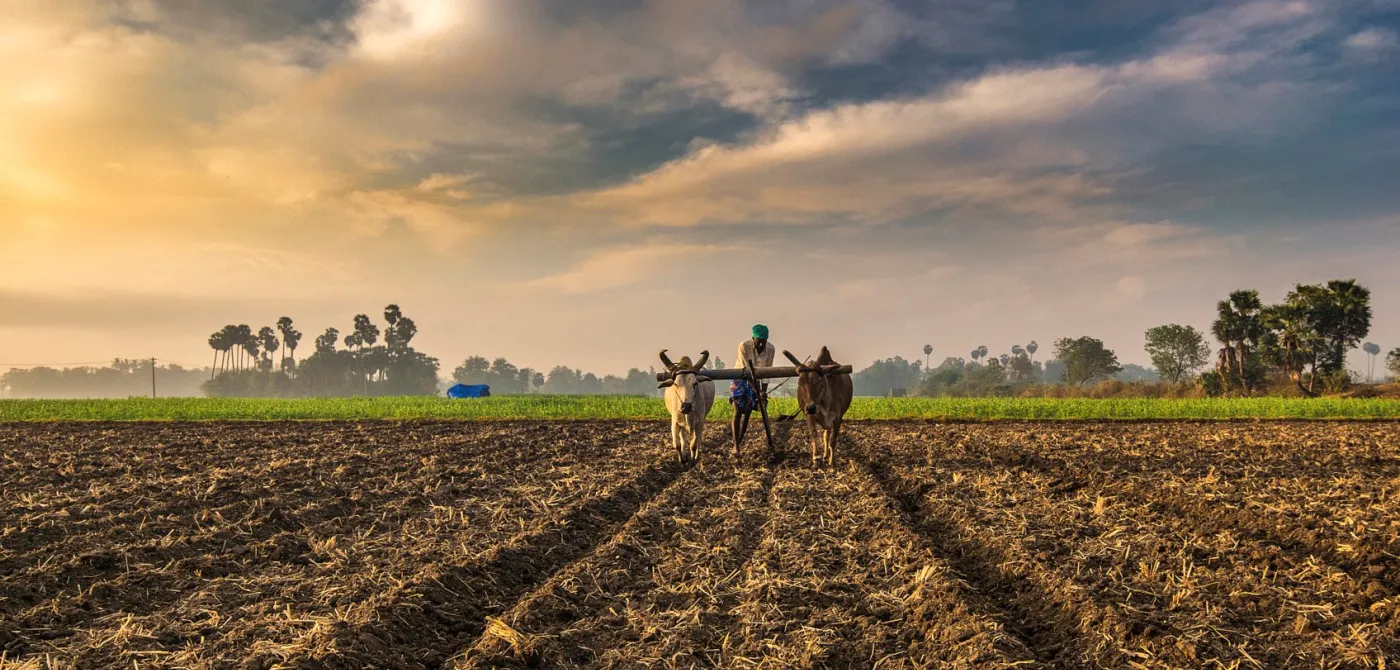Climate change poses significant challenges to global agriculture, affecting crop yields, water availability, and the overall stability of food production systems. Implementing effective adaptation strategies is crucial to ensure food security in the face of changing climate patterns.
Challenges:
- Shifts in Temperature and Rainfall Patterns: Altered climate patterns can disrupt traditional growing seasons, impacting crop growth cycles. Unpredictable weather events, such as extreme heatwaves or heavy rainfall, pose challenges for farmers in planning and managing their crops.
- Water Scarcity: Changes in precipitation patterns and increased evaporation contribute to water scarcity in many regions. Agriculture, a water-intensive industry, faces the challenge of efficiently managing and utilizing available water resources.
- Pest and Disease Outbreaks: Warmer temperatures and changing climates create favorable conditions for the spread of pests and diseases. This poses a threat to crops, requiring innovative strategies for pest control and disease management.
- Loss of Biodiversity: Climate change can disrupt ecosystems, leading to a loss of biodiversity. This affects pollination, soil health, and natural pest control mechanisms, all of which are vital for agriculture.
Adaptation Strategies:
- Diversification of Crops: Farmers can adapt to changing climate conditions by diversifying the crops they grow. This not only helps in managing risks but also enhances resilience to climate-induced challenges.
- Water Management Practices: Implementing efficient irrigation systems, rainwater harvesting, and water-saving technologies can help address water scarcity issues in agriculture.
- Resilient Crop Varieties: Developing and adopting crop varieties that are resistant to pests, diseases, and extreme weather conditions is essential for ensuring a stable food supply.
- Carbon Sequestration and Sustainable Practices: Promoting sustainable agricultural practices, such as agroforestry and cover cropping, can contribute to carbon sequestration and mitigate the impacts of climate change.
In conclusion, while modernizing agricultural practices and adapting to climate change present challenges, they also offer significant opportunities. The key lies in fostering a collaborative approach involving farmers, policymakers, researchers, and technology developers to create a resilient and sustainable future for global agriculture.

+ There are no comments
Add yours